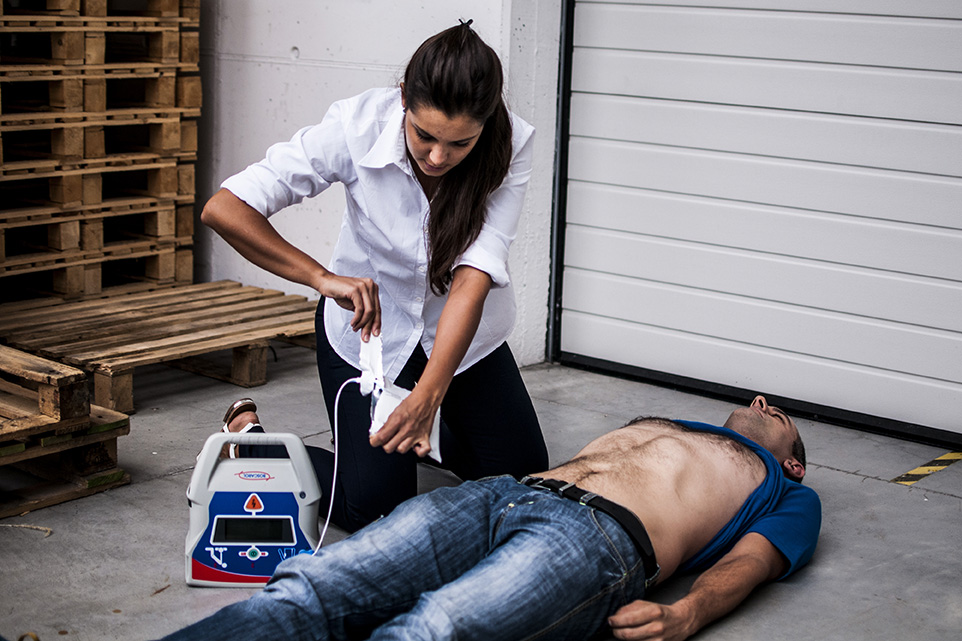Over 2,000 teachers have been trained this year to save lives, who will in turn pass on the knowledge to their students, Health Minister Michalis Damianos said on Wednesday.
Speaking at a press conference to mark Restart a Heart Day, on October 16, Damianos said his ministry was teaching people how to perform CPR (cardiopulmonary resuscitation) and how to use an AED (automated external defibrillator).
He explained that by training teachers, who would go on to teach first aid to their students in secondary and technical schools, “all tomorrow’s citizens are being trained and the appropriate culture is being cultivated, which will constitute the main component in raising awareness around cardiac arrest issues.”
Damianos said the health ministry’s efforts aimed at reducing the number of deaths from cardiac arrest, which was one of the most common causes of death in Europe, claiming 400,000 lives out of hospital per year.
The minister said cardiac arrest could happen to anyone at any age without any warning and that the odds of surviving a heart attack were still slim, under 10 per cent.
In many cases out of hospital, a heart attack happens in front of other people. If those witnessing the event know CPR and how to use an AED, the chances of a person surviving can reach up to 90 per cent. If not, the chances of survival diminish by 10 per cent every minute that passes.
The health ministry provides free training and AEDs to remote areas through its TourForLife programme, in cooperation with non-profit Spiritus Invictus foundation.
Defibrillators are also installed in public places and are accessible around the clock. Spiritus Invictus, Bank of Cyprus and SupportCy are involved in this project.
Athletes and team members are also being trained for CPR, AED and suffocation resuscitation through a programme called For the Hearth of Sports, involving Opap, the Cyprus Olympic Committee and sports federations.
Damianos said the health ministry’s work for the prevention and treatment of cardiac arrest was multifaceted and depended on close cooperation with all involved organisations.







Click here to change your cookie preferences